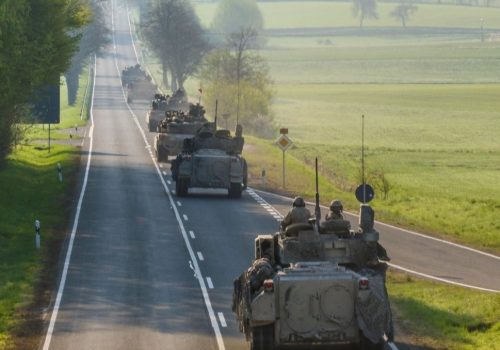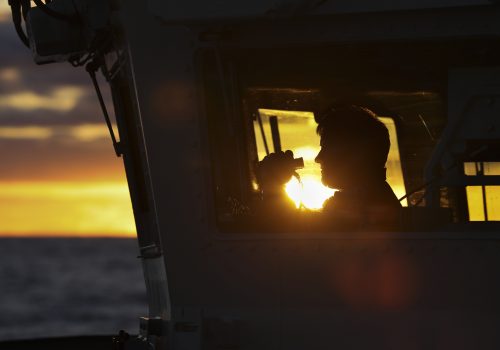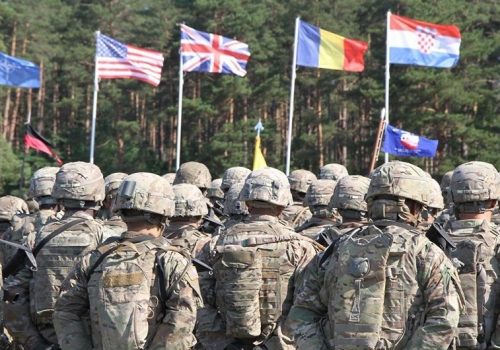Geometries of deterrence: Assessing defense arrangements in Europe’s northeast
The conventional military threat from Russia towards Europe most acutely affects a number of frontline Nordic and Baltic states from the Barents Sea in the Arctic through the Baltic Sea region: Estonia, Finland, Latvia, Lithuania, Norway, Poland, and Sweden. Since Russia’s invasion of Crimea in 2014, these countries, in concert with other Euro-Atlantic allies and partners, have concentrated on strengthening their own defenses and on developing and enhancing eight sets of different defense cooperation arrangements.
As the only two non-NATO and militarily nonaligned nations in the region, Finland and Sweden’s role in regional security and their level of cooperation with these and other partners poses challenges as well as opportunities for deterrence and defense in Europe’s northeast. These two countries have particularly emphasized cooperation with partners as they seek to build an interlocking web of security relationships to improve defense in the region. The core arrangements within this network include.
- The Finnish-Swedish bilateral defense relationship
- Nordic Defense Cooperation
- Nordic-Baltic Eight
- The Northern Group
- NATO Partnerships
- The European Union
- Ad hoc arrangements such as the Joint Expeditionary Force, Framework Nations Concept, and European Intervention Initiative
- Finnish-Swedish-US trilateral and bilateral defense cooperation
These “geometries of deterrence” vary in scope, scale, and membership, but taken together, they enhance a range of important components of deterrence. In Geometries of Deterrence, Hans Binnendijk and Conor Rodihan assess the contributions of each of these arrangements against an ideal or “gold standard” for conventional military deterrence, before evaluating the arrangements collectively and offering recommendations to further strengthen deterrence for Finland, Sweden, and indeed for all of Northeastern Europe.
Subscribe for events and publications on European security
Sign up for updates from the Atlantic Council’s Transatlantic Security Initiative, covering the debate on the greatest security challenges facing the North Atlantic Alliance and its key partners.
Related content

The Transatlantic Security Initiative, in the Scowcroft Center for Strategy and Security, shapes and influences the debate on the greatest security challenges facing the North Atlantic Alliance and its key partners.

The Transatlantic Security Initiative, in the Scowcroft Center for Strategy and Security, shapes and influences the debate on the greatest security challenges facing the North Atlantic Alliance and its key partners.


